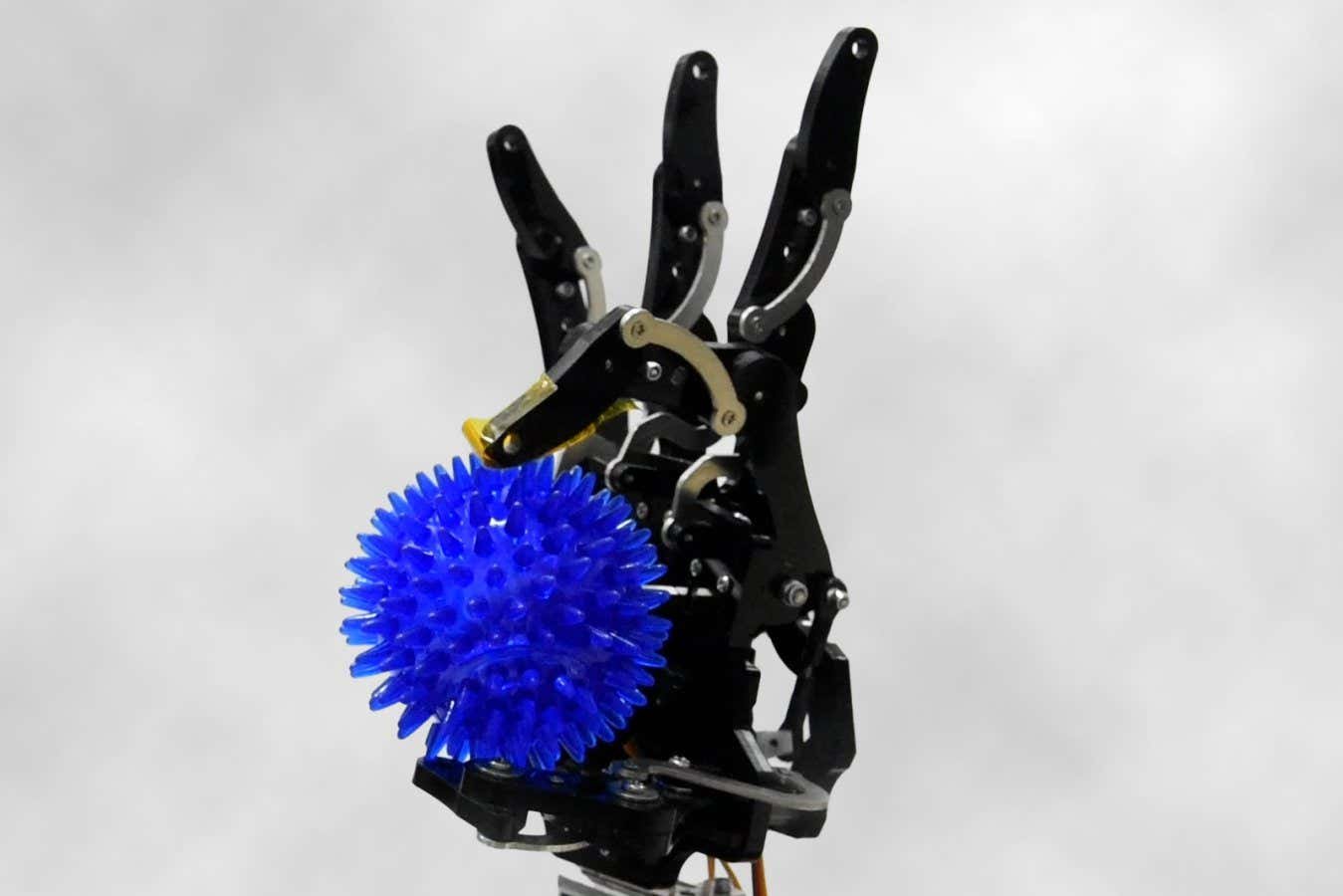Artificial skin that can sense potentially harmful forces could help robots detect danger, in a similar way to how pain helps people avoid hazards.
In humans, painful sensations come from a complex interplay between peripheral nerve signals and the brain’s interpretation of them. Electrical spikes sent by pain sensors in the skin, called nociceptors, are relayed through nerves to several parts of the brain, which can lead to self-preserving actions, such as moving a hand away from a sharp knife.
Jie Tan at Hunan University…

Felecia Phillips Ollie DD (h.c.) is the inspiring leader and founder of The Equality Network LLC (TEN). With a background in coaching, travel, and a career in news, Felecia brings a unique perspective to promoting diversity and inclusion. Holding a Bachelor’s Degree in English/Communications, she is passionate about creating a more inclusive future. From graduating from Mississippi Valley State University to leading initiatives like the Washington State Department of Ecology’s Equal Employment Opportunity Program, Felecia is dedicated to making a positive impact. Join her journey on our blog as she shares insights and leads the charge for equity through The Equality Network.




